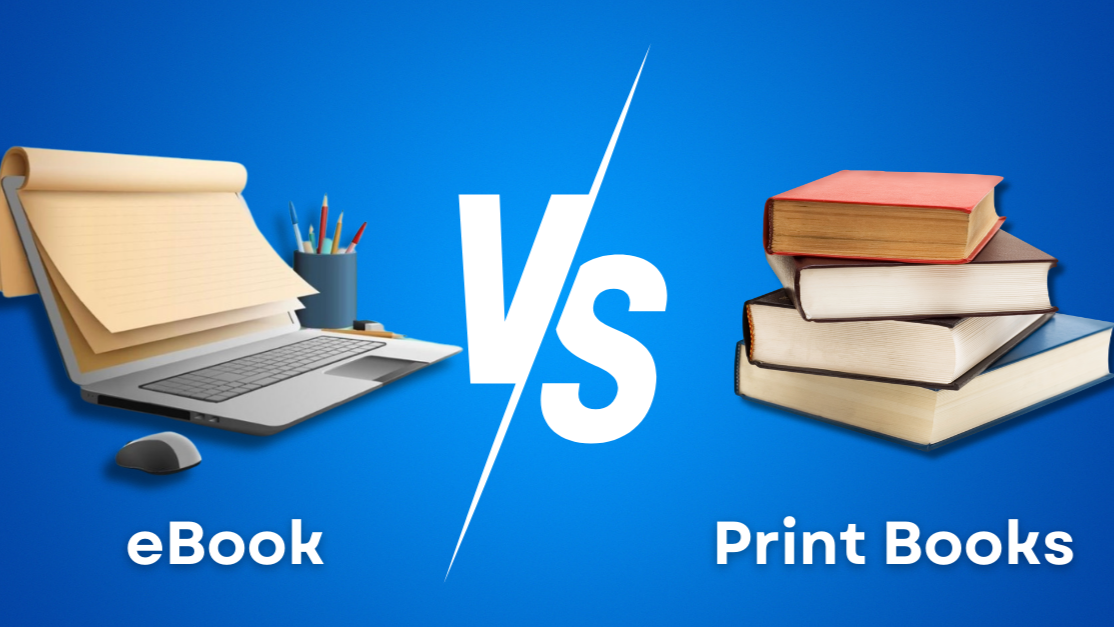Despite the digital revolution, a remarkable number of readers still reach for physical books over e-readers. Far from being just a matter of nostalgia, psychology research uncovers that your preference for paper books may reveal deeper personality traits and cognitive advantages. Let’s explore the eight distinctive qualities often found in those who cherish the feel of a printed page.
1. Deep Emotional Connection and Sensory Engagement
Printed book lovers tend to form strong emotional bonds with their reading. The tactile sensations—weight, texture of paper, even the smell of ink—anchor memories and emotions to the act of reading. This sensory feedback triggers powerful “memory maps,” where readers can recall exactly where in a book they experienced pivotal moments, far more vividly than they can with digital texts.
2. Enhanced Focus and Deep Work
People who prefer print frequently report greater ability to immerse themselves and concentrate deeply. Unlike digital devices that tempt multitasking and provide constant notifications, physical books create a distraction-free environment, aiding in sustained attention and richer engagement with the material. Psychology studies find that reading print material enables better comprehension and long-term retention compared to screens.
3. Superior Learning and Memory Retention
Printed text requires active navigation—flipping pages, marking with notes, or dog-earing corners—which fosters stronger memory retention. Research also reveals that students score significantly higher on comprehension and standardized tests after reading printed versus digital books. This might be why 86% of students in a five-nation study said it was easier to focus on print for longer texts.
4. Appreciation for Tradition and Aesthetic Value
Those loyal to printed books often value tradition, beauty, and the tangible nature of art. They enjoy the visual design of covers, the physicality of turning pages, and collecting volumes—sometimes as heirlooms or personal treasures on their shelves. This sense of permanence and ownership fuels a uniquely personal connection to each book.
5. Preference for Simplicity and Mindful Reading
Printed books offer simplicity—no batteries, no updates, no glare, and no blue light. Readers drawn to print often enjoy being “unplugged,” seeking moments of calm and mindfulness away from screens, especially before bedtime. This habit not only enhances relaxation but, according to doctors, also promotes better sleep hygiene compared to nighttime e-reading.
6. High Value on Immersive, Narrative Experience
Paper-book readers are more likely to experience what psychologists call “narrative transportation”—complete immersion and emotional journeying within a story world. The lack of hyperlinks and pop-up distractions means stories are absorbed more holistically and internalized as meaningful personal experiences.
7. Stronger Social and Community Bonds
Those who love print are often keen on sharing books, annotating in margins for discussion, and connecting with fellow readers in libraries and book clubs. The tangible nature of books allows them to serve as physical reminders of relationships and shared histories, building community identity in ways that digital formats can’t easily replicate.
8. Enhanced Cognitive Mapping and Navigation
Physical books help create a “mental map” of content: left or right pages, distance from the start or end, and visual cues all support spatial memory. Readers who prefer print can more easily find and recall specific passages, boosting comprehension and recall in academic or leisure reading alike.
In a world increasingly dominated by screens, choosing printed books isn’t just a preference—it’s a testament to the enduring power of multisensory, mindful, and emotionally connected reading. If you find solace and satisfaction in the rustle of a page or the scent of an old novel, psychology suggests you’re leveraging unique strengths that nurture your focus, memory, and well-being.
Sources: VegOut, TheTeamW, Hurix, Times of India, Junior Library Guild, Expert Editor, How Life Unfolds, Psychology Today
